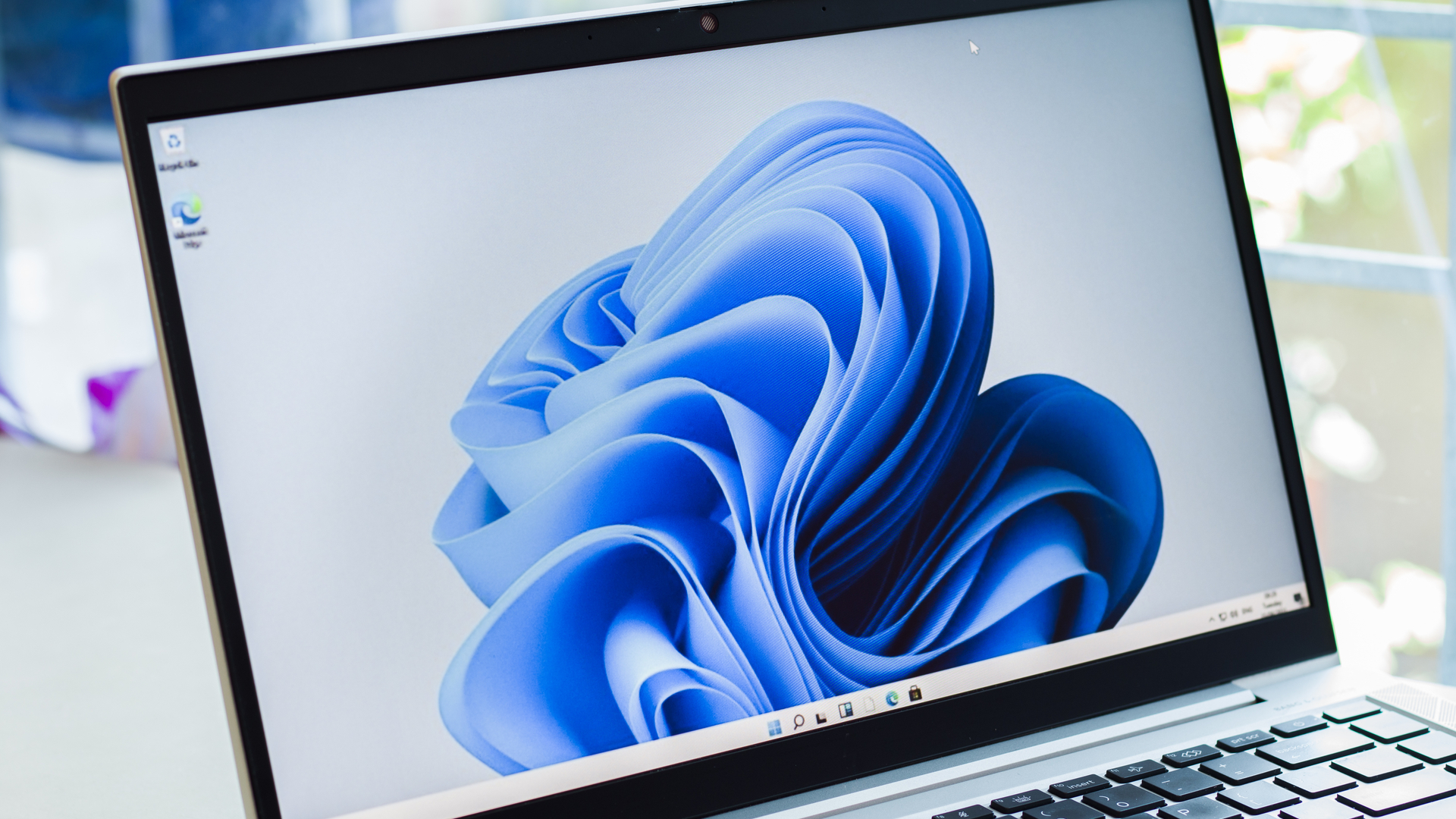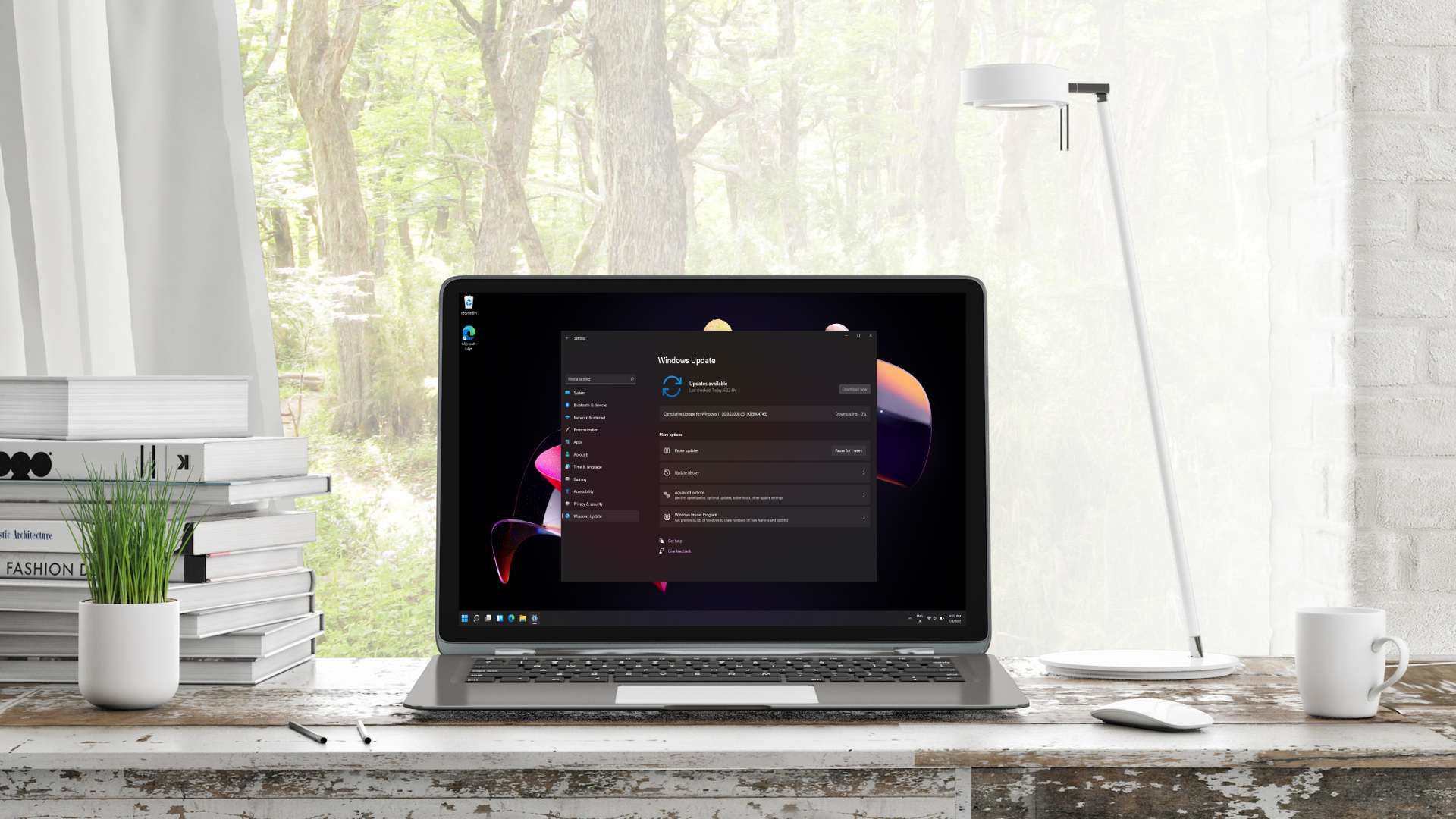Want to get rid of Bing, Edge and ads in Windows 11? Some users will be able to – but not everyone
Some will be able to ditch Edge, banish Bing from the Windows 11 search box, and much more

Sign up for breaking news, reviews, opinion, top tech deals, and more.
You are now subscribed
Your newsletter sign-up was successful
Microsoft is giving users more control over what’s installed with Windows 11, and how its own services are embedded in the OS – but the catch is this is just happening in Europe (specifically the European Economic Area or EEA).
Windows Central stumbled across a blog post from Microsoft describing the changes being made, and noting that many of these are to comply with the Digital Markets Act in the EEA.
The new approach means Windows 11 users in the EEA can uninstall more default apps including Microsoft’s Edge browser.
Furthermore, it’s possible to banish Bing results from the Windows search box in the taskbar. These are the web search results that pop up, whatever you’re looking for, and then fire up Bing in Edge if clicked.
On top of that, with the Widgets panel, Microsoft is allowing for the news and adverts feed to be switched off, so the board will purely play host to widgets (imagine that – and you’ll have to imagine it, sadly, outside of the EEA).
European users will also be asked if they want to sync up their Microsoft account with Windows 11 (rather than it just happening by default).
And finally, in the EEA if you click a browser link, it will open in your default browser – meaning that Microsoft’s own software will no longer insist on firing up Edge regardless of your preference (which makes sense, as if you’ve uninstalled Edge, that could get tricky).
Sign up for breaking news, reviews, opinion, top tech deals, and more.
When will all this happen? The changes are rolling out in preview now for Windows 11, and will follow for Windows 10 too, with the aim being to achieve compliance with the European regulations and deploy to consumers by March 6, 2024.

Analysis: Choices for everyone? Not likely
Clearly these are customization options which many Windows 11 users would love to benefit from. Especially the ability to have the widgets board with no distractions, just pure widgets, as well as having links open in your default browser always, without fail, and unhooking Bing from the taskbar search box.
Let’s face it, in the latter case, when you’re quickly searching for a Windows setting, you don’t want to be spammed with meaningless web search suggestions that try to get you to open up Edge (and Bing.com).
Will these choices – and other perks like the ability to remove the Edge browser – come to other regions outside of the EEA? Well, that seems very unlikely, seeing as Microsoft is having its hand forced here, and it’s about complying with regulations (that aren’t in place elsewhere) rather than genuinely catering to the wants and needs of users. So, a wider expansion of these options seems a forlorn hope, sadly.
Remember that Copilot is not available in the EEA yet, and this is due to regulatory issues – so these moves could well be tied up in Microsoft’s overall scheme of things for deploying the AI to Windows 11 users in this region.
As Microsoft puts it: “We look forward to continuing to work with the European Commission to finalize our compliance obligations.” And we take that to mean Copilot shouldn’t be too far off for the EEA, with any luck for those who live there.
The one positive for the rest of the world is that at least the streamlining of the default app roster in Windows 11 is happening for everyone. This is something Microsoft has been working on for some time, giving users the ability to remove the likes of the Photos and Camera apps, and the Tips app plus Steps Recorder are to be axed, plus the Maps and Movies & TV clients have been dropped. Thankfully those streamlining efforts count for everyone, and should be an ongoing drive, we reckon.
You might also like
Darren is a freelancer writing news and features for TechRadar (and occasionally T3) across a broad range of computing topics including CPUs, GPUs, various other hardware, VPNs, antivirus and more. He has written about tech for the best part of three decades, and writes books in his spare time (his debut novel - 'I Know What You Did Last Supper' - was published by Hachette UK in 2013).